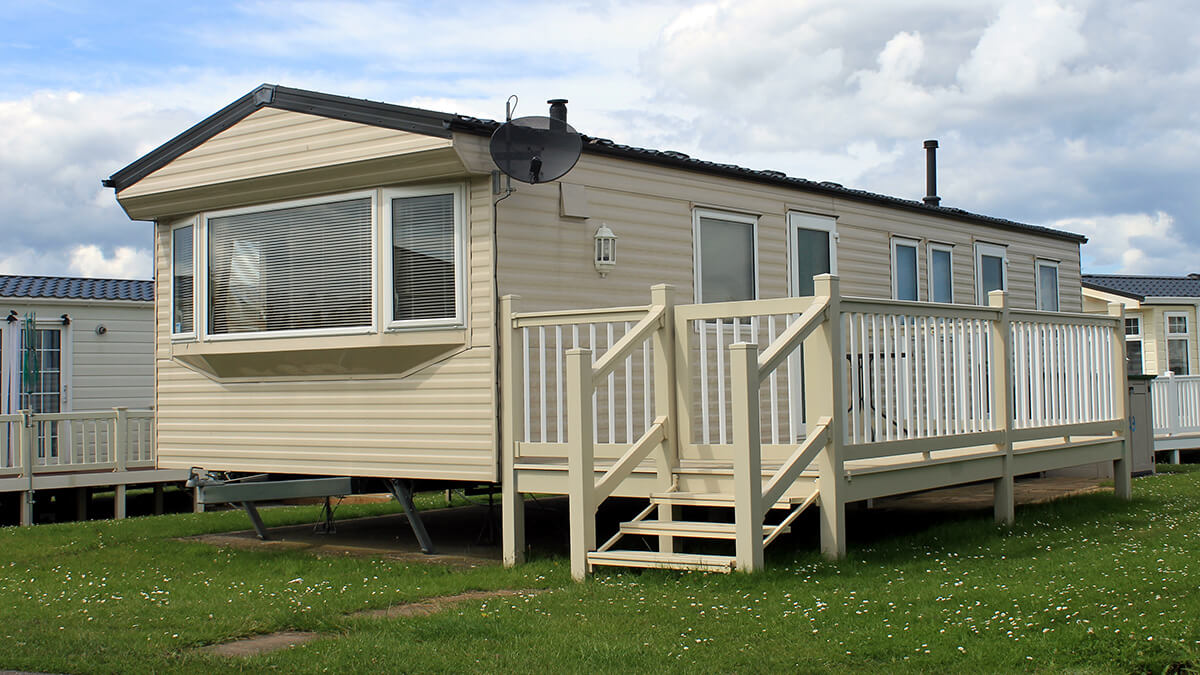Millennials and homeownership: What insurance professionals need to know

The housing market has grown stronger in recent years, but studies show that millennials are still hesitant to become homeowners. According to Forbes, there has been an increase of first-time buyers in the market, but millennials are embracing homeownership much more slowly than the previous generation.
Why are millennials not buying houses?
There could be many reasons. Speculations from professionals around the United States have suggested these rationales:
It's more difficult for them to get a mortgage.
Many millennials finish college and begin their adult lives with an overwhelming amount of student loan debt. Additionally, many are graduating into a tough job market where it's challenging to find work that allows one to be self-supporting and sustainable. This combination is problematic for young potential buyers who struggle to gain support from lenders because they have sizable debts and relatively low incomes. Even if a millennial does secure a higher paying job, they may need to focus on paying their loans before they could consider investing in a house.
They may be wary because of the time period in which they grew up.
At an impressionable age they witnessed the bursting of the U.S. housing bubble, and many either saw or experienced the losses that their home-owning loved ones suffered as a result. This generation is less likely to trust the stability of the housing market than earlier generations.
Millennials are finding alternatives to homeownership to be much more practical and convenient
There are notable cultural differences between millennials and previous generations.
Namely, these young adults are waiting longer to start families. No longer opting to get married and have children right away, many millennials choose to instead focus on their career and other life experiences. Many young, single professionals don't want to deal with the commitments that come with owning and maintaining property.
More rental opportunities are available.
In addition to apartment buildings—which many recently-graduated millennials are comfortable with—there is an increasing number of single-family homes being converted into rentals. When you combine the larger variety of rental options with the burden of student loan debt, the struggles of supporting oneself with low-income jobs, and the cultural shifts on perspectives of marriage, it makes sense that millennials are finding alternatives to homeownership to be much more practical and convenient.
So what does this mean for insurance professionals?
These are just a few ideas as to why millennials are avoiding homeownership. There are certainly exceptions, variations, and unique cases that have not yet been considered. The important takeaway is that we should think carefully about the market and how millennials interact with it. Their perceptions and concerns need to be taken seriously if one hopes to continue doing business in the future.
Moving forward, here are three ideas for insurance professionals wondering how to respond to the changes in the housing market:
Know your audience.
Who are your customers and what types of coverage are they seeking? Though many millennials are not yet in the market to buy insurance, it would be wise to begin preparing for the not-so-distant future when they make up your next wave of customers. Are your homeowners policies accessible to new homeowners? Do you offer effective insurance policies for renters? Think critically about your customers' unmet needs and what changes you need to make in order to meet them, and then adjust accordingly.
Communicate clearly about the coverage you offer.
Navigating the markets for both housing and insurance can be overwhelming, especially for newly-independent millennials. That's why it's important to communicate with the utmost clarity when discussing the difference between homeowners and renters insurance, why your policies will benefit them, and the exact coverage and costs that are entailed. Sincere honesty and helpfulness will instill trust in your millennial customers and make them more confident in your services. And if they ever change from being a renter to a homeowner (or vice versa), they may think of you for a new policy.
Invest in education.
As an insurance professional, it is especially important to be a lifelong learner. You should always seek out and utilize educational resources that keep you informed and equip you with the tools and know-how you need to be adaptable. Foremost offers career development opportunities like this through the Foremost Education program. Agents can partake in insurance CE courses, sales training, webinars, workshops, and specialist designation programs. These resources will help you learn to strategically adapt to current trends and changes, like the needs of millennials or the shifts in the housing market.
Having a career as an agent in the insurance industry can be challenging, especially when a surge of new customers with unique perspectives are introduced to the market. Taking time to understand those customers and educate yourself is always beneficial, and can be exactly what you need to grow your agency!


